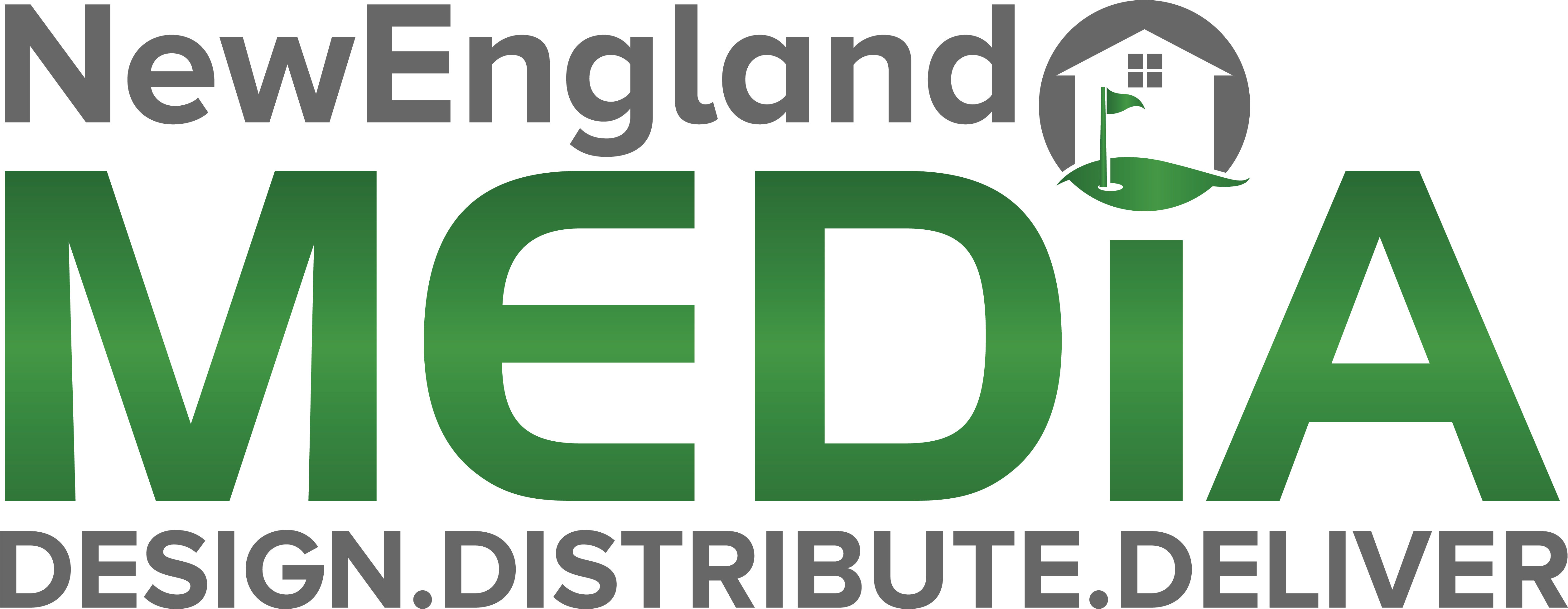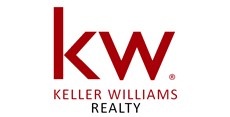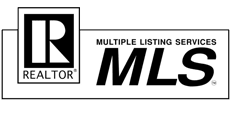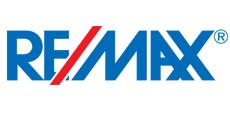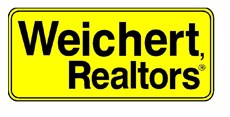If you’re a tech-savvy business owner or website developer, you know how important it is to choose the right CMS (content management system) for your website. A good CMS gives you flexibility and control over your content, while also making it easier to manage and maintain your website. The CMS you choose will impact your website’s performance, security, and overall user experience. In this article, we’re going to discuss the key factors to consider when selecting a CMS for your website.
Different Types of Content Management Systems
Free and Open Source CMS
Free and open source content management systems are a great option for anyone looking to build a website on a budget. Some of the most popular free and open source content management systems include WordPress, Joomla, Drupal, and TYPO3. All of these options offer an extensive library of themes and plugins so you can customize your site and add features as needed. Plus, they all provide a wide range of support resources so you can maximize your website’s performance.
Proprietary CMS
Proprietary content management systems are developed by companies or organizations for their own use and then released to the public. These systems can offer robust customization options, but the downside is that you’ll be entirely dependent on the vendor for support. Some popular proprietary CMS options include Adobe Experience Manager, Sitecore, and Oracle WebCenter Sites.
Headless CMS
Headless content management systems are an increasingly popular option as they allow you to separate the content from its presentation layer. This makes it possible to deliver content across multiple channels and devices without having to reconfigure the content itself. Additionally, they provide more flexibility and scalability than traditional CMS solutions. Some popular headless CMS options include Contentful, Prismic, and Strapi.
Static Site Generators
Static site generators are a great choice for anyone looking to create simple websites or small blogs that don’t require a lot of customization. These systems create static HTML files from your content and store them on a web host, which makes them faster and more secure than traditional CMS solutions. Popular static site generator options include Gatsby, Jekyll, and Hugo.
Deciding which content management system is best for you will depend on your website’s design and functional requirements. Be sure to take the time to compare different CMS solutions and consider the various features and benefits they offer before making your final decision.
Top Tips to Keep In Mind as You Compare Different CMS Options

1. Determine Your Website’s Goals and Needs
Before you start shopping around for a CMS, it’s important to know what you want your website to achieve. This will help you choose a CMS that is equipped with the right tools and features to meet your needs. Consider your website’s goals, such as increased traffic, improved user experience, and higher conversions. Then, think about what features you need to support these goals, such as e-commerce capabilities, mobile optimization, and custom form creation.
2. Consider Your Technical Skills
The CMS you choose should be easy for you to use and manage, even if you don’t have a background in web development. If you’re new to website building, you may want to choose a CMS with a user-friendly interface and simple drag-and-drop functionality. On the other hand, if you’re experienced with coding and website design, you may want a CMS that offers more customization options and the ability to add custom code.
3. Evaluate Security Features
Website security should always be a top priority. Choose a CMS that has robust security features to protect your website from hacking attempts, malware, and other online threats. Look for a CMS that automatically updates to the latest security patches and provides regular backups to ensure your data is safe.
4. Consider Scalability
Your website’s needs may change as it grows, so it’s important to choose a CMS that can accommodate these changes. Consider a CMS that is scalable and can handle an increase in traffic and website size without slowing down or crashing. This will ensure that your website can grow with your business and continue to meet your needs.
5. Assess Integration Options
Your website may require integrations with other systems, such as e-commerce platforms, email marketing tools, and social media platforms. Choose a CMS that offers seamless integration with these tools to ensure that your website runs smoothly and efficiently.
6. Read User Reviews and Test the CMS
Before making a final decision, take the time to read user reviews and testimonials. This will give you a better understanding of the CMS’s strengths and weaknesses and help you determine whether it’s the right fit for your website. If possible, try a demo version of the CMS to get a feel for how it works and make sure it meets all of your needs.
7. Consider Cost
Last but not least, consider the cost of the CMS. Some CMS options are open-source and free to use, while others may require a subscription or licensing fee. Choose a CMS that fits within your budget and offers the features you need to achieve your website’s goals.
In conclusion, choosing the right CMS for your website is a critical decision that should not be taken lightly. By keeping these top tips in mind, you can make an informed decision and choose a CMS that will help you achieve your website’s goals and provide a great user experience.
Real Internet Sales is your one-stop shop for all of your website needs. Contact us today to learn more about how we can help you choose the right CMS for your website! Our expert web designers and developers are here to provide you with the tools and support needed to create a successful online presence. Get started now, and let us help you create the website of your dreams!




